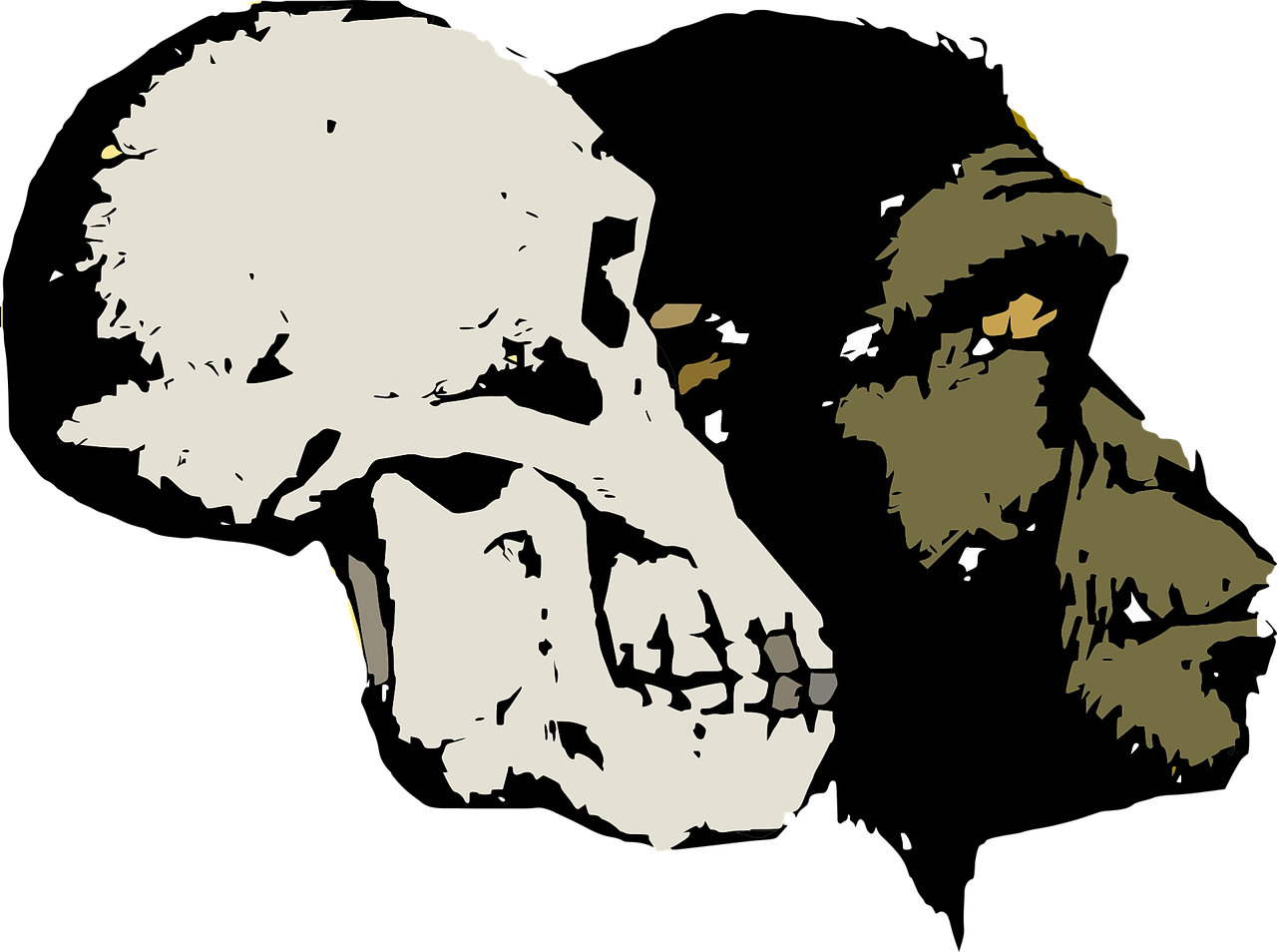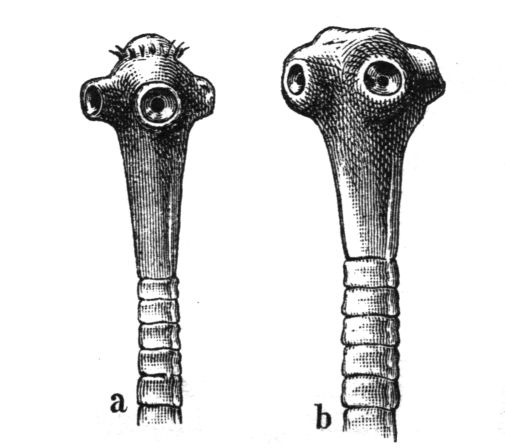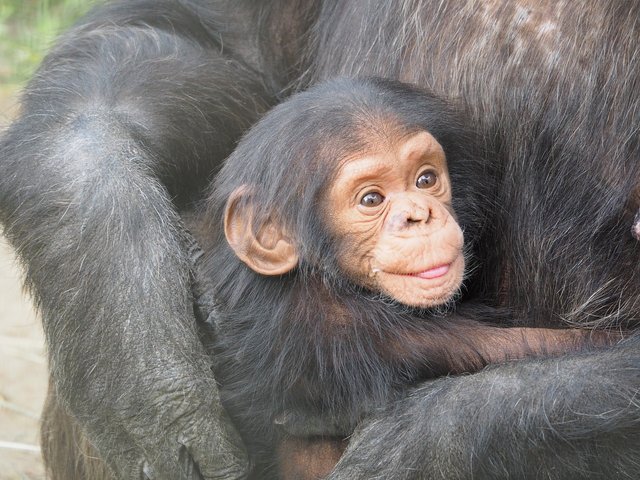Evolution is misunderstood
We can observe a progressive crisis of rational thinking. One of the causes for it is the unlimited flow of information. Paradoxically, the Internet acts as a double edged sword – it gives us access to nearly all the knowledge of the civilization, but on the other hand, it allows for a spread of any kind of false, yet attractive and catching ideas. Dogmatism and ideological thinking are slowly but constantly overcoming rationalism. One of the symptoms of the fall of reason is the fact that in the era of space flights and genetic engineering, we have to explain why the central idea of the whole biology – evolution – is true.

Source
Only a theory?
“Evolution is only a theory” is a frequently used argument. Its popularity comes from an inconsistency between common and scientific language. In everyday language, we use word “theory” as a synonym of a “hypothesis”, which means something uncertain and vague. However, in strict scientific language, these words have different meanings and have to be clearly distinguished. Hypothesis, indeed, is an assumption which has to be tested and verified. On the other hand, a theory is a set of already verified, commonly accepted statements. It is built on the synthesis of conclusions from many experiments and allows to explain observations, as well as to correctly anticipate results of further studies. The theory of evolution without any doubts deserves the status of a theory – years of hateful criticism compelled biologists to verify its assumptions carefully – it has passed every test, and is still passing them, as the process of verification never ends. There are many theories in science: the theory of relativity, of gravitation, of plate tectonics, but interestingly, only the theory of evolution is doubted as “only a theory”. Has anybody ever heard that gravitation is not true, because it is only a theory?
Monkey ancestors
Another frequent statement is that the human comes/doesn’t come from the monkey. Religious fanatics or other people of questionable brightness, sometimes pronounce that they do not come from the monkey. In answer, people who try to defend evolution usually claim that “you get it wrong, we do not come from the monkey, we only have a common ancestor”. At first glance, everything looks clear. But is it the truth? In fact, it depends on how we define “the monkey”. If we think about contemporary monkeys (e.g. our closest relative – chimpanzee), the statement is true. Chimps are not our ancestors, but cousins – both species, chimp and human, have evolved from the common, earlier form. However, from the systematic point of view Homo sapiens is classified as a monkey (infraorder Simiiformes). Thus, our close ancestors obviously were monkeys too. In that case the statement that we come from the monkey is true, because we are still monkeys.
Complexity
One of the common mistakes is also the assumption that evolution always leads to the increase in the complexity of life forms or even that it is a kind of metaphysical force driving everything to perfection (whatever it would mean). No. Not necessarily. In fact it is one of the assumptions of the old pre-darwinian idea of lamarckism. Today we know that evolution has no intrinsic aim driving life forms towards any particular direction.
Evolution leads to the adaptation of life forms to local conditions. The consequence can be an increasing complexity indeed (see the amazing structure of the human brain), but sometimes it is just an increasing simplicity, e.g. specialized parasites (see tapeworm, Cestoda). It all depends on the particular environment which leads to the selective pressure – certain traits are favorable in given space and time and certain are not. We know that tapeworms have lost some traits through the time in the process of adaptation. They have lost gut and light sensing organs, as well as the ability to synthesize fatty acids – they can simply absorb nutrients from their host.

a) Head of a the pork tapeworm (Taenia solium), b) Head of a beef tapeworm (Taenia saginatus). Source
Another example of the power of simplicity are bacteria. They are (relatively) simple, have survived billions of years and probably will so. Of course they are evolving, but many of their ecological niches favor simplicity, very fast life cycle and flexibility. It gives them a really strong ability for adaptation and for being resistant – we all know how hard it is sometimes to eradicate them.
A scientific theory is not a dogma. Every theory can be falsified and replaced by new and better one. However, the theory of evolution is to date the best model explaining the diversity and at the same time the unity of life on Earth.

